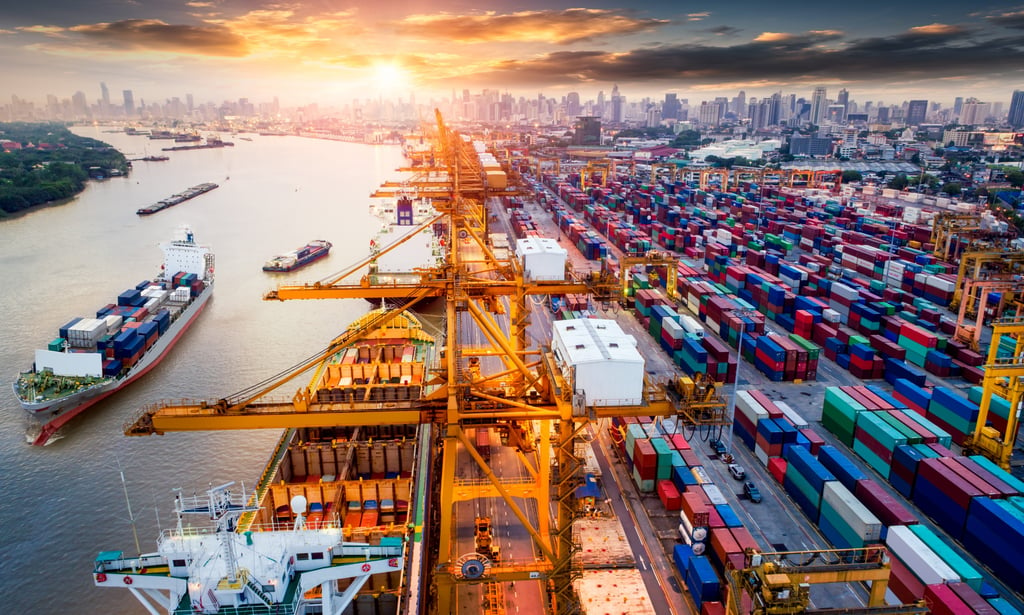In the first half of 2024, labour violations have surged across global supply chains, coinciding with a decline in audit transparency.
This concerning trend is highlighted in LRQA’s bi-annual Supply Chain Environmental, Social, and Governance (ESG) Global Risk Outlook 2024, which draws on data from LRQA’s industry leading supply chain intelligence platform, EiQ, grounded in 75+ million data points from 25,000+ supplier audits conducted annually.
Other key findings revealed:
- Over a third of sourcing regions, including major economies like Australia, China, India, the Netherlands, United Kingdom and the United States, saw worsening ESG risk scores
- Labour risks, such as forced labour and child labour, worsened in 53 countries
- More than 90 regions showed high or extreme health and safety violations
- At least 75 regions experienced a decline in audit transparency scores
There must be a renewed sense of urgency to address the critical risks outlined in this report. The health and safety of workers is at stake, not to mention the impact supply chain operations can have on the environment.
Kevin Franklin
Chief Growth Officer, LRQA
Labour violations and transparency issues
Key sourcing markets, including China, Netherlands, US, Australia, UK and India, have shown higher risks in the forced labour index. Despite new regulations aimed at curbing forced labour, companies must therefore enhance their due diligence programmes whilst also seeking to navigate evolving ESG regulations and laws.
Factors such as global conflicts affecting migrant workers and the interplay between environmental and human rights risks are contributing to the increased labour risks. Evolving due diligence regulations might also be inadvertently lowering transparency, with suppliers hiding risks and companies hesitating to report issues.
Kevin Franklin, Chief Growth Officer for LRQA, said:
“There must be a renewed sense of urgency to address the critical risks outlined in this report. The health and safety of workers is at stake, not to mention the impact supply chain operations can have on the environment. There are so many examples of what can happen when these risks are overlooked, including tragedies like the 2013 Rana Plaza disaster in Bangladesh and ongoing worker strikes across the globe due to unfair working conditions. The continued need for these fundamental protections should be what drives regulators and business to improve responsible sourcing and due diligence.”
Ding Dingxiaozi, LRQA’s Product and Analytics Director, added:
“Transparency is essential for gathering credible data and gaining true visibility over supply chain operations. This also drives the need for improved traceability solutions, as new regulations require a deeper risk view into multi-tier supply networks.”
Tools for identifying labour risks
In response to audit transparency concerns, the report highlights how worker surveys and grievance mechanisms can be essential tools for uncovering labour issues that audits might miss. LRQA’s grievance channels have reported significant issues like harassment and abuse, and these mechanisms allow workers to raise complaints anonymously, helping companies identify risk areas that are not visible through standard audits.
Adverse media monitoring tools like LRQA’s Sentinel have also identified over 300 fire incidents in 34 countries, highlighting health and safety violations that often go unreported in standard audits.
To effectively address these growing risks, companies must adopt a comprehensive approach that includes continuous assurance and diverse data sources. This strategy will help businesses better understand and mitigate ESG risks, ensuring the protection of their operations, reputations, and workers.
